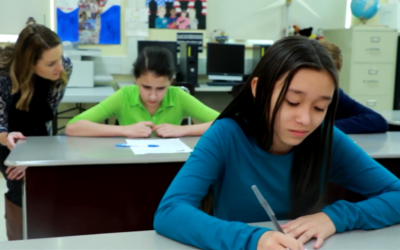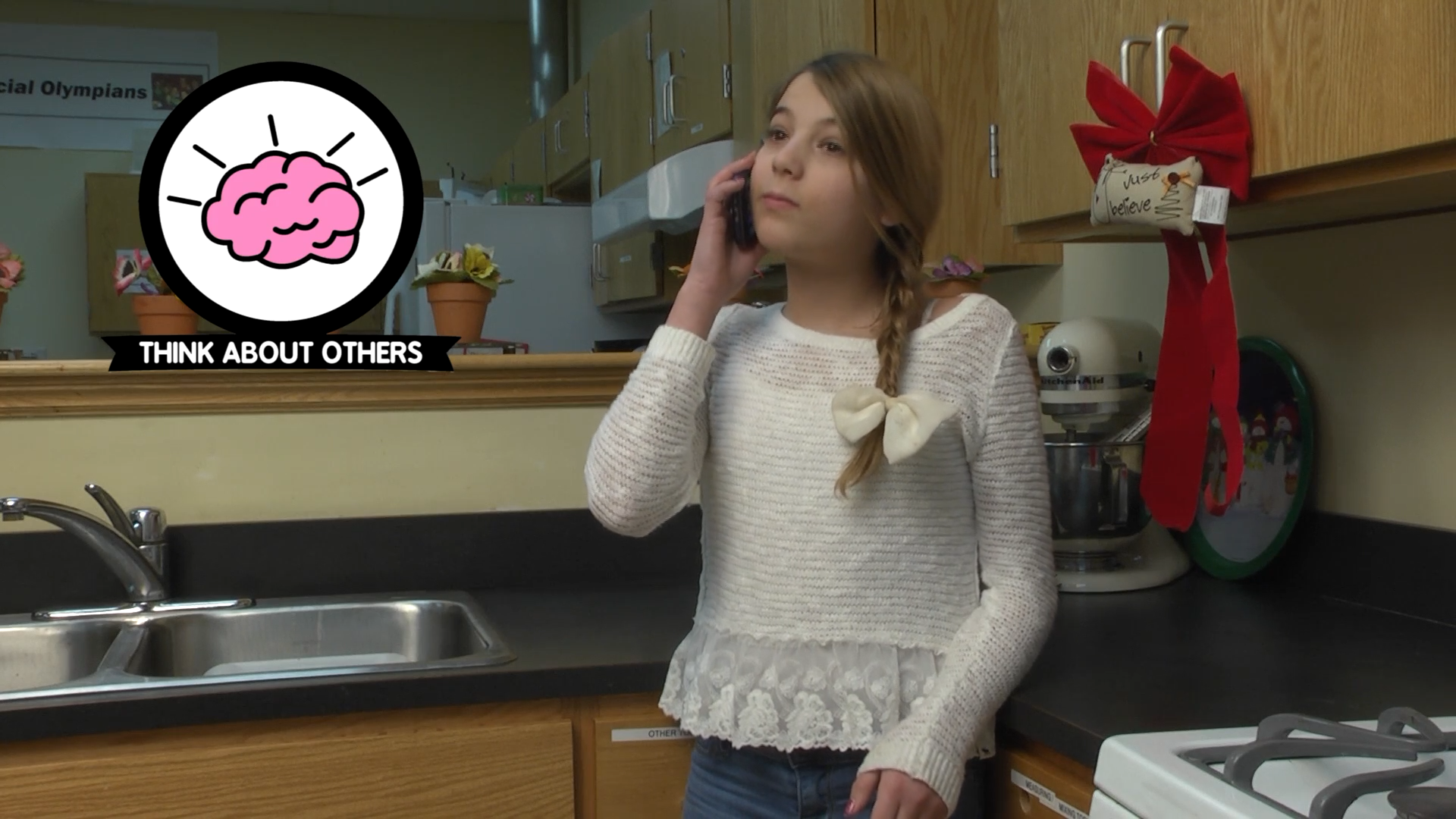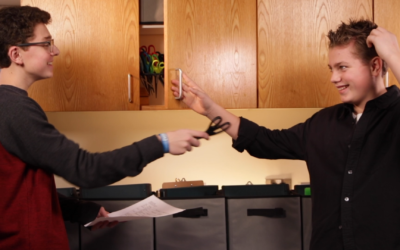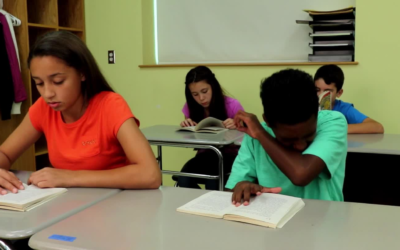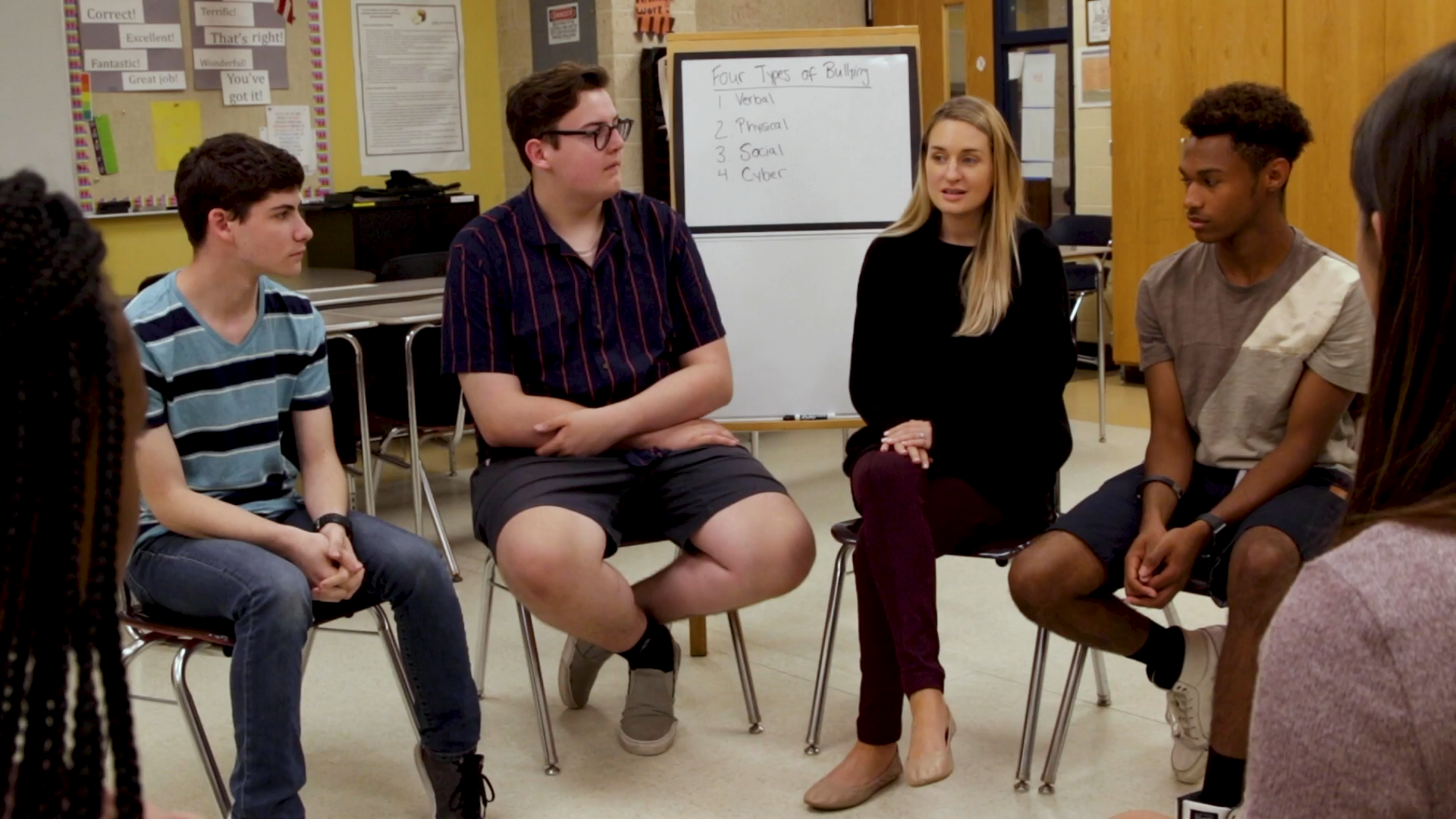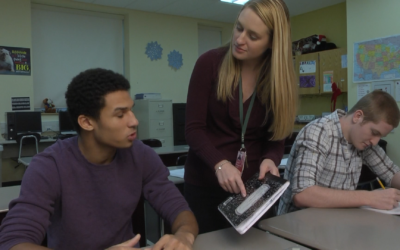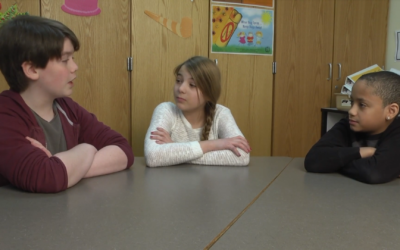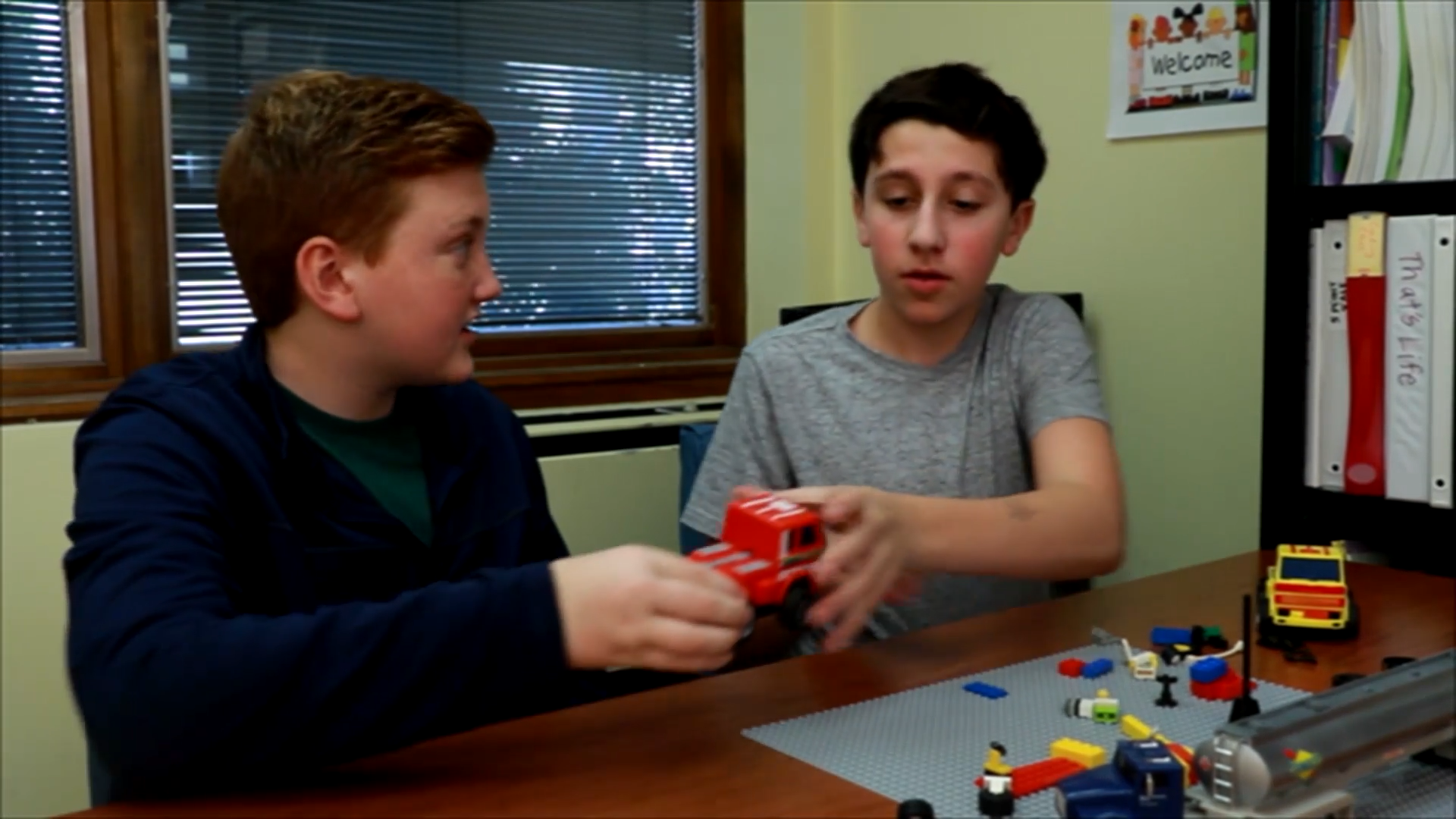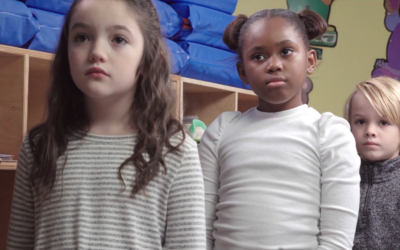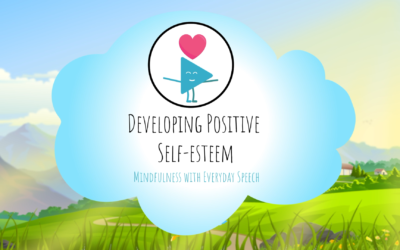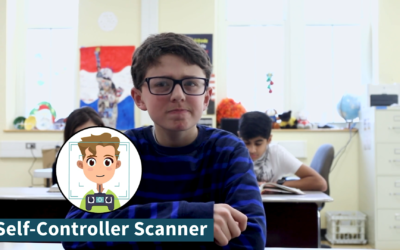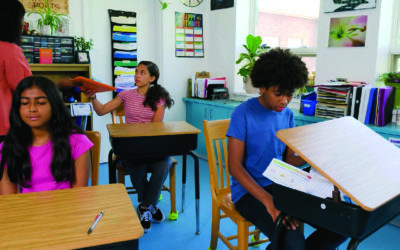Everyday Speech Blog
Social Skill Lesson Plans and Articles
No Results Found
The page you requested could not be found. Try refining your search, or use the navigation above to locate the post.
No-Prep Activities
Teaching PreK Students to Ignore Distracting Behaviors for Better Focus
Introduction In a classroom setting, students can sometimes be faced with the challenge of ignoring others' distracting behaviors. This is especially true for PreK students, who are still developing their social and emotional skills. To help them stay focused on...
Teaching Phone Etiquette to Special Education Students
Introduction Phone etiquette is an essential social skill for students to learn, especially in special education settings. This blog post will discuss an engaging no-prep activity that educators can use to teach their students about proper phone etiquette, such as...
Addressing the Issue of Spreading Rumors in High School
Introduction Spreading rumors can be a common issue among high school students. It often leads to misunderstandings, hurt feelings, and damaged friendships. As educators, it's essential to teach students about the importance of respecting others, fostering healthy...
Teaching PreK Students to Understand Humor and Strengthen Relationships
Understanding humor is an essential skill for making and maintaining relationships. When students grasp the concept of humor, they can better connect with others and feel more included in social groups. In this blog post, we will explore a no-prep activity, discussion...
Teaching Kindergarteners Proper Sneezing and Coughing Etiquette
Introduction Teaching kindergarten students proper sneezing and coughing etiquette is an essential part of their social-emotional learning journey. By incorporating these skills, educators can help young children understand the importance of personal hygiene and how...
Understanding Bullying: A Guide for Educators on Types and Prevention
Introduction Bullying is a harmful behavior that not only affects the emotional well-being of students but also hinders a healthy learning environment. To foster positive social-emotional development, it's crucial for educators to understand the different types of...
Teaching Self-Control: An Essential Social-Emotional Skill for Students
In this blog post, we will discuss a critical social-emotional skill: self-control. Self-control is the ability to manage one's actions and feelings, especially when faced with challenging situations. Losing self-control can lead to negative consequences, such as...
Teaching Students the Art of Beginning and Ending Conversations
Every conversation has a beginning and an ending, and it's essential for students to learn how to start and end conversations appropriately. This blog post will explore the importance of teaching students these skills, provide a simple no-prep activity for educators,...
Teaching Sharing and Turn-Taking Skills in the Classroom
Introduction Social-emotional learning (SEL) plays a vital role in the development of well-rounded students. One crucial aspect of SEL is teaching children the importance of sharing and turn-taking. This blog post will discuss an engaging, no-prep activity to help...
Teaching Students the Art of Lining Up and Respecting Others
Introduction As educators, one of our crucial responsibilities is to teach students essential social-emotional skills that will help them navigate their daily lives. One such skill is lining up, which might seem like a simple task, but it requires students to respect...
Building Positive Self-Esteem in Special Education Students
Introduction Self-esteem is a collection of beliefs we hold about ourselves. High self-esteem allows us to feel proud, accepted, and confident in our abilities, even when facing challenges or failure. It helps maintain a positive outlook during difficult times....
Teaching the Self-Controller Scanner: A Guide for Educators
Introduction The ability to keep control of one's thoughts and feelings is crucial for students' success both in and out of the classroom. The Self-Controller Scanner is a tool educators can teach students to help them recognize when they are losing control and...
Teaching Elementary Students the Importance of an Open Mind
Introduction Change is an inevitable part of life, and it's especially prevalent in a school setting. Students encounter changes in schedules, teachers, activities, and environments on a regular basis. To help them navigate these changes, it's essential to teach them...
Teaching Expected Voice Volume: A Crucial Social Skill for Effective Communication
Introduction As educators, we constantly strive to help our students develop strong communication skills. One aspect that is often overlooked is the importance of using an expected voice volume. Ensuring that students speak neither too quietly nor too loudly is...
Staying Organized: A Key Skill for High School Students
Introduction As students progress through high school, they face increasing responsibilities in their academic and personal lives. Staying organized is crucial to managing these responsibilities effectively and reducing stress. In this blog post, we will discuss the...

